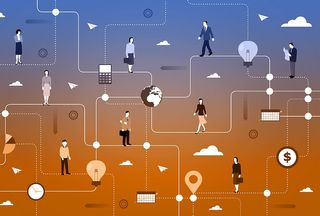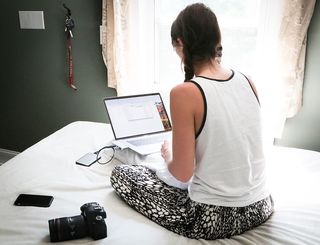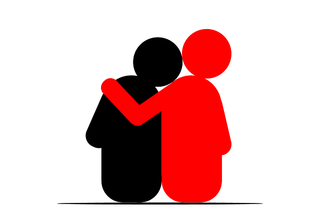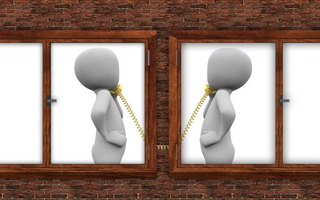I have the temerity to believe that my ideas re COVID-19 are wiser than what's being implemented by our world's leaders and leading public health scientists--The leaders are too scared about their re-electability and the public health scientists have a too narrow view: too steeped in protecting all lives equally and indifference to the relative cost of that in terms of the economic curve: the devastation of a larger percentage lives, especially young and middle-age lives relative to the benefit of saving largely very old people with underlying conditions merely so they can live a bit longer to die worse deaths..
These tweets encapsulate my views:
Trump is 73,
Fauci 79, Biden 79 (and with quite clear signs of cognitive confusion,
Pelosi is 80. Brains, like bodies, do deteriorate with age. We're so
damn worried about isms that we don't dare raise this even though their
age is increasing the world's existential risk.
A young and an old man are on a boat that springs a leak. The old man falls overboard. If the young takes the time to save the old man, the old man lives. If he lets the old die but fixes the boat, he and boat survive and fish for decades. Any relevance to weighting the medical vs econ curves now?
Today's policy must is egalitarianism over
utilitarianism: treat everyone equally, independent of or even inversely correlated with merit. So the coronavirus policies are eviscerating the whole, short and-long-term,
mainly the young and middle-aged, to briefly save a small percentage of the old with severe underlying conditions, merely so they can live a bit longer and die worse deaths: e.g., cancer, vegetating strokes, diabetes amputations and sepsis, etc.
A
core difference between liberals & conservatives is that liberals
tend to believe all lives are equally worth resources. Conservatives
tend to think it's wisest to focus on the people most likely to yield
the most societal net good, ironically something that Marx advocated.
COVID is a continuum: For most, we don't even know we have it. And of those who do, it's mild. Plus, we don't
know the extent of infectability nor intensity and length of immunity conferred
across the continuum. Why prioritize massive testing, at giant opportunity cost of money and effort? Isn't
it wise to just test the quite ill until a simple, valid at-home swab test
exists?
My biggest corona worry is supply chain. Think of the myriad specialized people
needed to create everything from medicine to utility components to milk. I
worry about the PC term, "social unrest," more clearly: looting &
home invasions.
Govt should focus its efforts on subsiding poorly capitalized but promising vaccine research and urging and policing that small percentage of census tracts where the residents have low rates of compliance with social distancing.
I welcome your comments, especially any that argue that the most good for the most people would accrue from the current policies: spend as much as needed to test everyone and try to keep everyone alive even at the existential threat of long-term structural job less and the sequelae of that, and of the government printing yet more money, deflating all of our dollars, and increasing the debt to an existentially unsustainable amount, much of it to the Chinese government, which if it called in our debt, Oy!






























